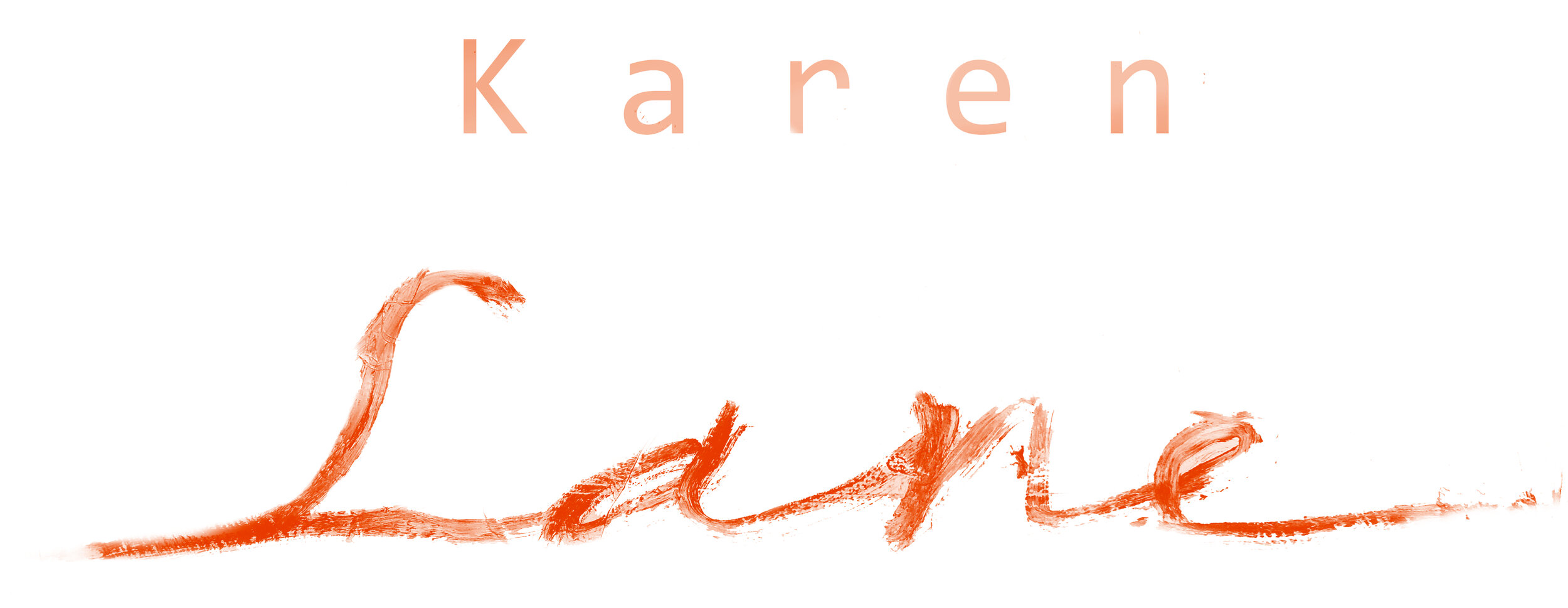Literary Types - Tolkien and Wandering
Spending so much time at home this past year, I’ve thought more about travels and journeys than usual. Reminiscences of the south of France, Canada, and journeys across America, have all sprung to mind and overflowed onto the stack of gessoed, toned birch panels that sat poised to receive them. We often plan a trip with a schedule of things to see and do as we dot from place to place, but sometimes we’ve taken our time and let the journey itself be the goal. We wander. That word will always bring to mind Tolkien’s most quotable line, lifted from its place in a beautifully crafted poem, “Not all who wander are lost.” You’ll see it on many memes and Instagram travel stories, with an epic image in the background and a momentary hero in the foreground. In context, this line has so many layers of meaning and thought:
All that is gold does not glitter,
Not all those who wander are lost;
The old that is strong does not wither,
Deep roots are not reached by the frost.
From the ashes a fire shall be woken,
A light from the shadows shall spring;
Renewed shall be blade that was broken,
The crownless again shall be king.
This poem, The Riddle of Strider, taken from The Fellowship of the Ring, was Gandalf’s message to Frodo about the true identity of Aragorn, whom he was soon to meet. The first stanza is a hint - not all are whom they seem. The first layer of meaning - Strider, rough and travel-worn, and somewhat frightening at first acquaintance was the noble, rightful king. Peel the meaning one more layer, and isn’t it a beautiful picture of so many people? Not everyone has an outward glitter, but there may be some buried treasure there that will come out in the appointed time. Ahh - I could go on…
The second stanza is prophecy. Aragorn will take the throne with his reforged, epic blade in hand. There is Biblical meaning buried here, too, if you care to dig it out.
Strider, the Ranger, was the one who wandered, but not without purpose. He was not lost. Yet, I think the general wandering public can lay some claim to its broader meaning. Plucking the line from the original poem, we understand that the wandering itself can have a greater purpose - to observe, to learn from who and what we see or meet along the way, maybe to fulfill a leg of the figurative journey laid out for us in this life.
No one who has traveled returns quite the same. Each place we have ventured to becomes part of our history - our personal or familial culture. A young friend of mine has started collecting paintings from each destination - either found artworks, or commissioned to me or other artists. What a brilliant way to record your life! This collection, Wanderings, is a little record of my own travels, but I wonder if you might find something here that reminds you of yours, or your bucket list of places you plan to see, or just gives you some beauty to gaze upon while we wait for times of easier travels to return.
God bless you in your journey.
Your friend,
Karen








